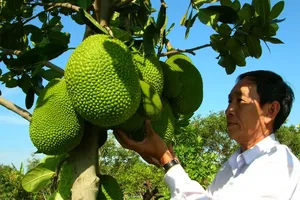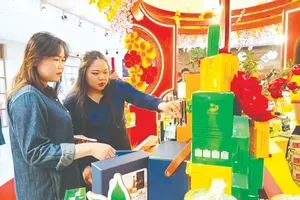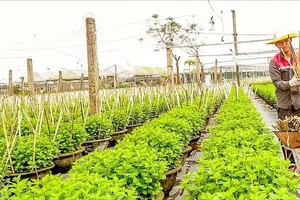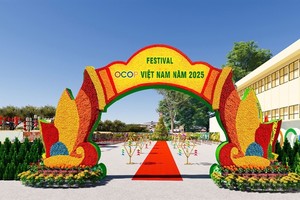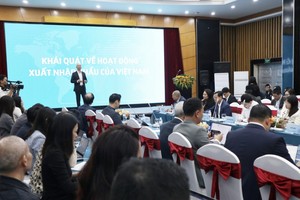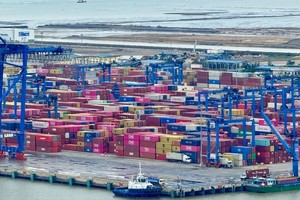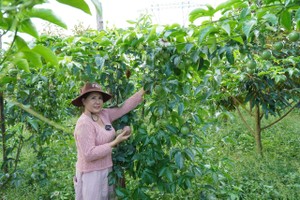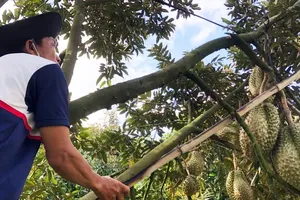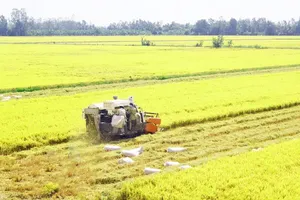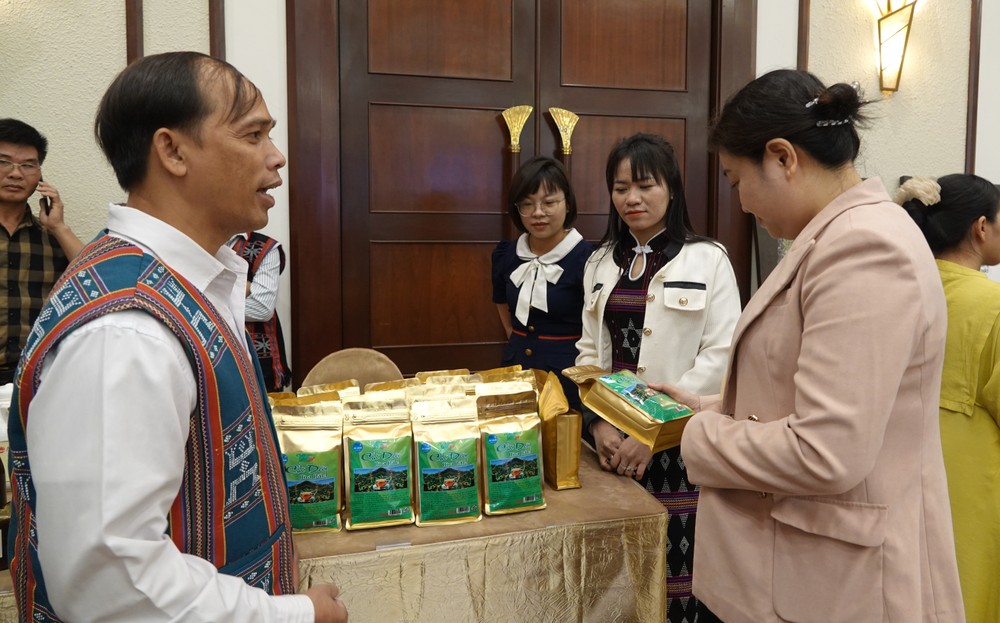
Mr. Ly Dinh Quan, Chairman of the Da Nang Culinary Culture Association, said that despite the ups and downs, Vietnamese tea has always been an indispensable part of the spiritual life of the Vietnamese people. It continues to spread the essence of connection, traditional values, and a rich and beautiful culture. Tea culture promotes the preservation of cultural heritage and represents the growth of intellect, as well as the connection of resources and the multiculturalism of the nation.
Teachat fosters understanding between people to promote the strength and intellect of the Vietnamese people. It not only preserves national treasures and unique cultural characteristics but also creates a new environment for human cultural development and cultural industry as well as tea manufacturers, tea entrepreneurs, and corporations that can use culture as a narrative to sell intellectual property models and technology models related to the tea cultural industry, he added.
In Hoa Bac Commune in Hoa Vang District of the central city of Da Nang, Hoa Bac vine tea has created a distinctive cultural identity and provided a stable source of income for the people of the Co Tu ethnic minority.
According to Mr. Le Anh Tu, an owner of a Hoa Bac vine tea business in Nam My Hamlet, Hoa Bac Commune, in the past, the vine tea was found by the Co Tu people in the forest. The best and healthiest way to enjoy Hoa Bac vine tea is to brew its dried branches and leaves and drink it. Studies have demonstrated that it can treat stomach health problems, reduce inflammation, increase appetite, and get better sleep. Tu spent a lot of time learning about methods of planting and caring for this special plant. Additionally, the locality has encouraged the development of community tourism associated with the production and consumption of Hoa Bac vine tea and agricultural products.
Many agricultural products are linked with tourism thanks to the support of homestay businesses, model gardens, and even small restaurants along village roads and alleyways.
When visiting a homestay, tourists can enjoy and buy local specialties, such as bags of Hoa Bac vine tea and other delicious, clean, and safe products, said the secretary of the Party Committee of Gian Bi Hamlet in Hoa Bac Commune, Dinh Van Nhu.
Although Da Nang City does not have much potential for tea cultivation, the city may attract tea connoisseurs, the tea artisan and journalist Nguyen Le Uyen Vien said.
In March, Bill Gates and his girlfriend enjoyed tea and watched the sunset on the Ban Co mountain peak of the Son Tra Peninsula in Da Nang during the third day of their holiday in Vietnam. This location has since attracted a large number of locals and tourists for sightseeing and taking photos. Therefore, the Da Nang Department of Tourism plans to launch a tea tour on Ban Co Mountain next year to boost local tourism.
Da Nang can confidently develop its advantages in transportation infrastructure. The central coastal city serves as a gateway to the Central region for domestic and international tourists and is closely linked with destinations, Hue and Quang Nam, to launch a joint program called “Three localities—one destination,” offering rich historical and cultural stories.



